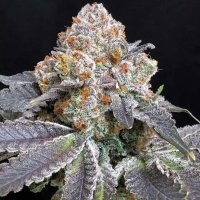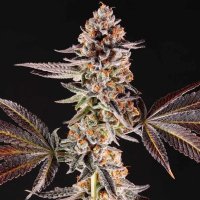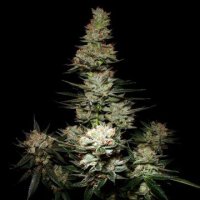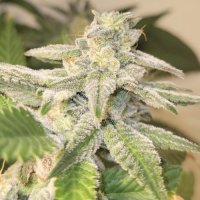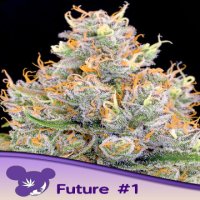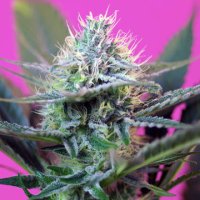Hemp plants: Benefits of hemp & cannabis
Hemp plants, also known as cannabis plants, have been closely linked to human history for thousands of years. The versatile use of Cannabis Sativa (the botanical name) spans across different cultures, industries and applications. From medicinal benefits to sustainable industrial production to ecologically sound building materials, hemp offers an impressive range of possibilities. To understand the current and future use of hemp plants, a look at their historical significance is essential. Hemp cultivation with weed seeds has been valued in various cultures as an important resource for food, clothing and medicine. From ancient Chinese writings to historical European texts, there is ample evidence of its widespread use in the past. The genus hemp is one of the oldest useful plants in the world and is finally enjoying great popularity again after a long time.
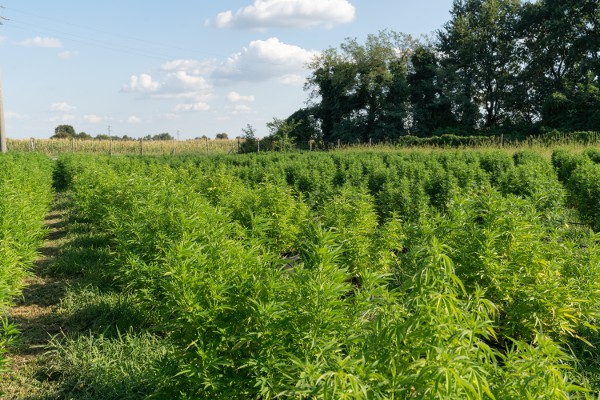
Industrial applications of cannabis plants
Hemp fibres in the textile industry: One of the oldest and best-known applications of cannabis plants is in textile production. Hemp fibres are robust, durable and biodegradable. Compared to cotton, the cultivation of hemp requires significantly less pesticides and water. The use of hemp in the textile industry could therefore contribute to more sustainable fashion production. Accordingly, more hemp plants should definitely be cultivated for the textile and fashion industry in order to produce more resource-efficiently.
Hemp fibres in paper production: Hemp fibres are also ideal for paper production. Hemp cultivation requires fewer chemicals than traditional pulp cultivation and can be completed in less time. Hemp paper is also more robust and has a longer shelf life than conventional paper. Incidentally, Gutenberg printed his first Bible on hemp paper in 1455.
Industrial hemp in the construction industry: Hemp can also be used as a sustainable building material. Hempcrete, also known as hempcrete, is lightweight, insulating and environmentally friendly. The use of hemp in the construction industry could therefore contribute to more energy-efficient buildings and reduced CO2 emissions. Hemp is also considered one of the best insulating materials on the market.
Hemp seeds as food: The seeds are highly nutritious and rich in essential fatty acids, proteins and fibre. They are used in the food industry and can be processed into oils, flour, protein bars and other healthy products. Eating the seeds can be a valuable addition to a balanced diet.
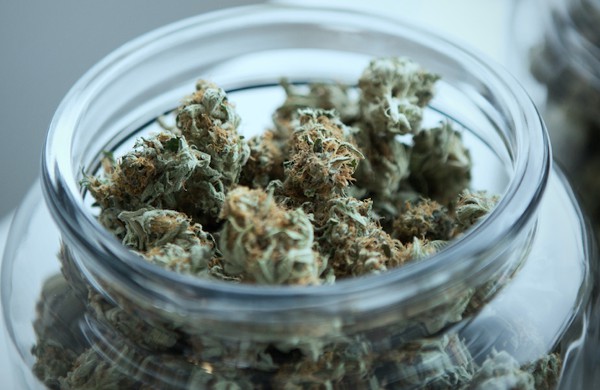
Medical applications of cannabis
Cannabinoids in medicine: Cannabis plants contain various compounds, including THC, CBD and CBG, which are known for their potential medicinal properties. Studies suggest that cannabinoids may be effective in relieving pain, reducing inflammation and treating certain neurological conditions.
Pain management: The constituents of the cannabis plant have pain-relieving properties and could offer an alternative to conventional painkillers. Patients with chronic pain in particular could benefit from the anti-inflammatory effects of THC, CBD and also CBG.
Neurological diseases: Research has shown that cannabis and marijuana can have positive effects on certain neurological disorders such as epilepsy, multiple sclerosis and Parkinson's disease. The neuroprotective properties could help to slow down the progression of some diseases.
Mental health: However, the use of cannabis in mental health is still somewhat controversial, with some studies showing positive effects on depression, anxiety and post-traumatic stress disorder, while others point to potential risks. It is important to fully research and understand the effects of cannabis on mental health.

Social and cultural aspects of cannabis
Legalisation and acceptance: The legalisation of hemp and cannabis in various parts of the world has led to a change in perception. Social acceptance of hemp plants and their products has increased, with some regions allowing their use for both medicinal and recreational purposes.
Economic opportunities: The versatile use of hemp plants also creates economic opportunities. New industries, from the production of hemp products to the development of medicinal cannabis preparations, could create jobs and boost the economy.
Challenges for the future
Regulatory challenges: The regulation of hemp and cannabis varies greatly from country to country and poses numerous challenges. Clear and consistent regulation is crucial to stabilise the developing market.
Research and education: Continued research is needed to understand the full range of uses of hemp plants. Educational initiatives are needed to reduce misconceptions and prejudices about cannabis and to educate the public.
Hemp plants are an amazingly versatile resource with applications in industry, medicine, agriculture and many other areas. The rediscovery of hemp as a useful plant is a sustainable and healthy alternative to other products and opens up new horizons for various sectors of society. The challenge is to utilise the potential, but also to deal responsibly with the risks. With smart regulation, ongoing research and informed education, the hemp plant could make an important contribution to a more sustainable and healthier future.
Hemp cultivation - grow and environmental aspects
Sustainable agriculture: Hemp is a fast-growing plant that requires little water, pesticides and fertilisers. The cultivation of hemp could therefore represent a sustainable alternative to other agricultural crops and help to reduce the ecological footprint of agriculture.
CO2-Absorption: Hemp plants absorb CO2 from the atmosphere as they grow. This process, known as carbon sequestration, could help to reduce the carbon content in the air and contribute to climate protection.
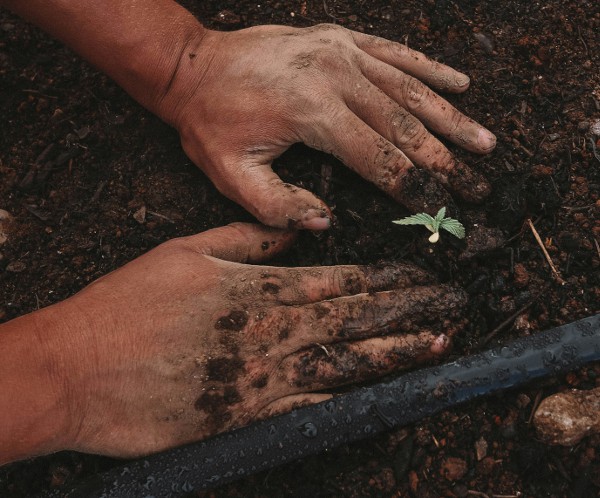
Growing cannabis plants: legally indoors and outdoors
Cannabis can be successfully grown both indoors and outdoors. Here are a few points to consider when growing marijuana so that the plants thrive.
1. Choosing the right cannabis strain:
- Educate yourself on the different varieties of hemp and choose genetics that suit your needs. Some varieties are better suited to indoor cultivation, while others develop better outdoors.
2. Procurement of seeds:
- Make sure you get high quality cannabis seeds from reliable producers. Choosing the right genetics is crucial to the success of the grow project. As we have been in the seed business for many years, you can of course order the highest quality seeds online for a great harvest.
3. Indoor growing conditions:
- Light: When growing indoors, be sure to use the highest quality plant lights that cover the full light spectrum to encourage growth during all stages.
- Ventilation: Ensure good ventilation to improve air circulation and reduce the risk of mould growth. In addition, good ventilation ensures vigorous plants.
- Temperature and humidity: Keeping the temperature and humidity at a suitable level for the respective growth phase is immensely important and don't forget the optimum pH value.
4. Outdoor growing conditions:
- Site selection: Choose a sunny spot with well-drained soil to avoid waterlogging. However, be sure to observe the local laws and regulations regarding cultivation; not every country has the same laws.
- Soil quality: Check the soil for nutrient content and structure beforehand. If necessary, improve it with compost, organic fertiliser and other organic materials to obtain the optimum yield.
- Flowering time: When growing your own cannabis plants outdoors, make sure that the duration of flowering is optimally adapted to the environment or location so that you get the best possible quality.
5. Care and watering:
- Monitor the plants' water requirements and keep the soil evenly moist. Take care to avoid excessive moisture - cannabis plants do not like waterlogging.
- Fertilise the plants with the appropriate and correct nutrients during the various growth phases.
6. Protection against pests and diseases:
- Be sure to implement preventative measures to ward off pests. Check the plants regularly for signs of disease and pest infestation. Various products for pest defence can be purchased easily and quickly online in special shops.
7. Harvesting and drying:
- Decide the best time to harvest based on the maturity of the female plants. Dry the harvested plant parts in a well-ventilated room, making sure you recognise the perfect period for flowering.
8. Observe legal regulations:
- Find out about local laws and regulations regarding cannabis cultivation and strictly adhere to them to avoid legal consequences. Cannabis is legal in many countries, just as the seeds in our shop are legal to sell. We ship worldwide, but we cannot know whether it is legal to germinate seeds in your country. There are also various maximum THC levels that must not be exceeded.
With care and attention to the specific needs of cannabis plants, you can successfully grow your cannabis both indoors and outdoors. For these purposes, we offer you the perfect seeds so that you can successfully grow your own hemp.

